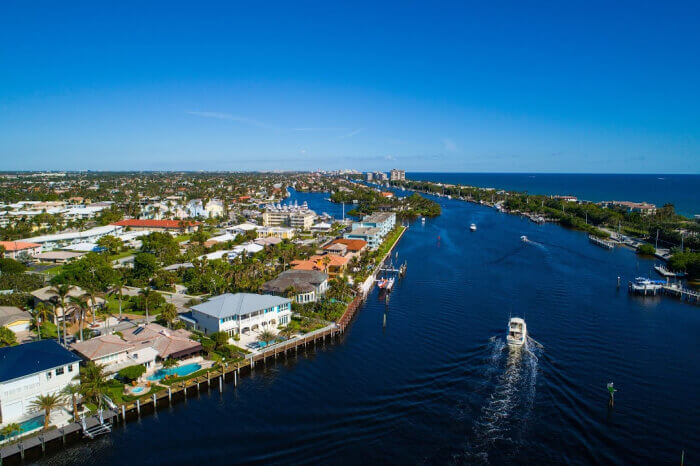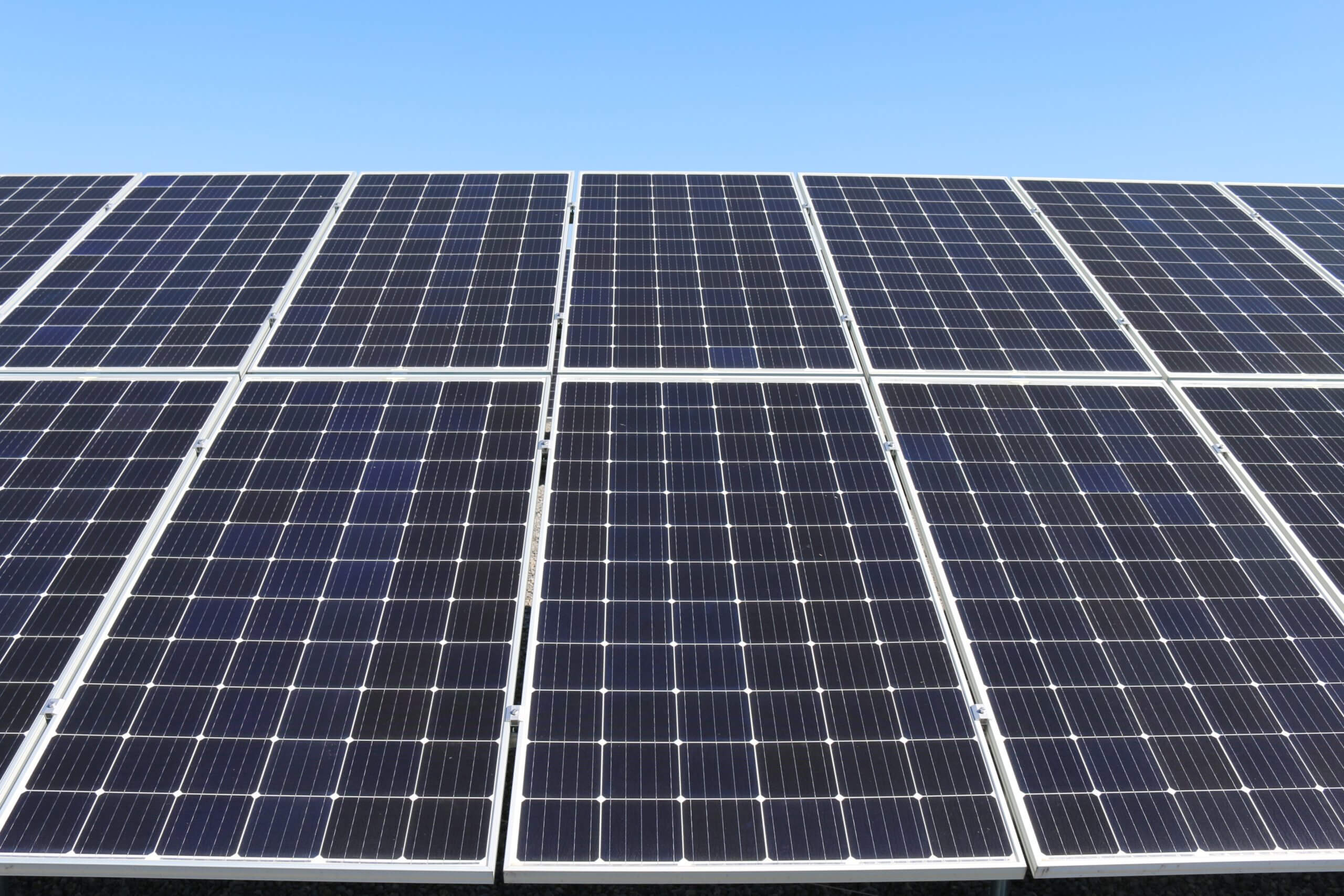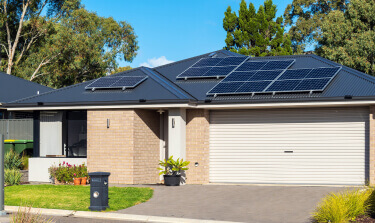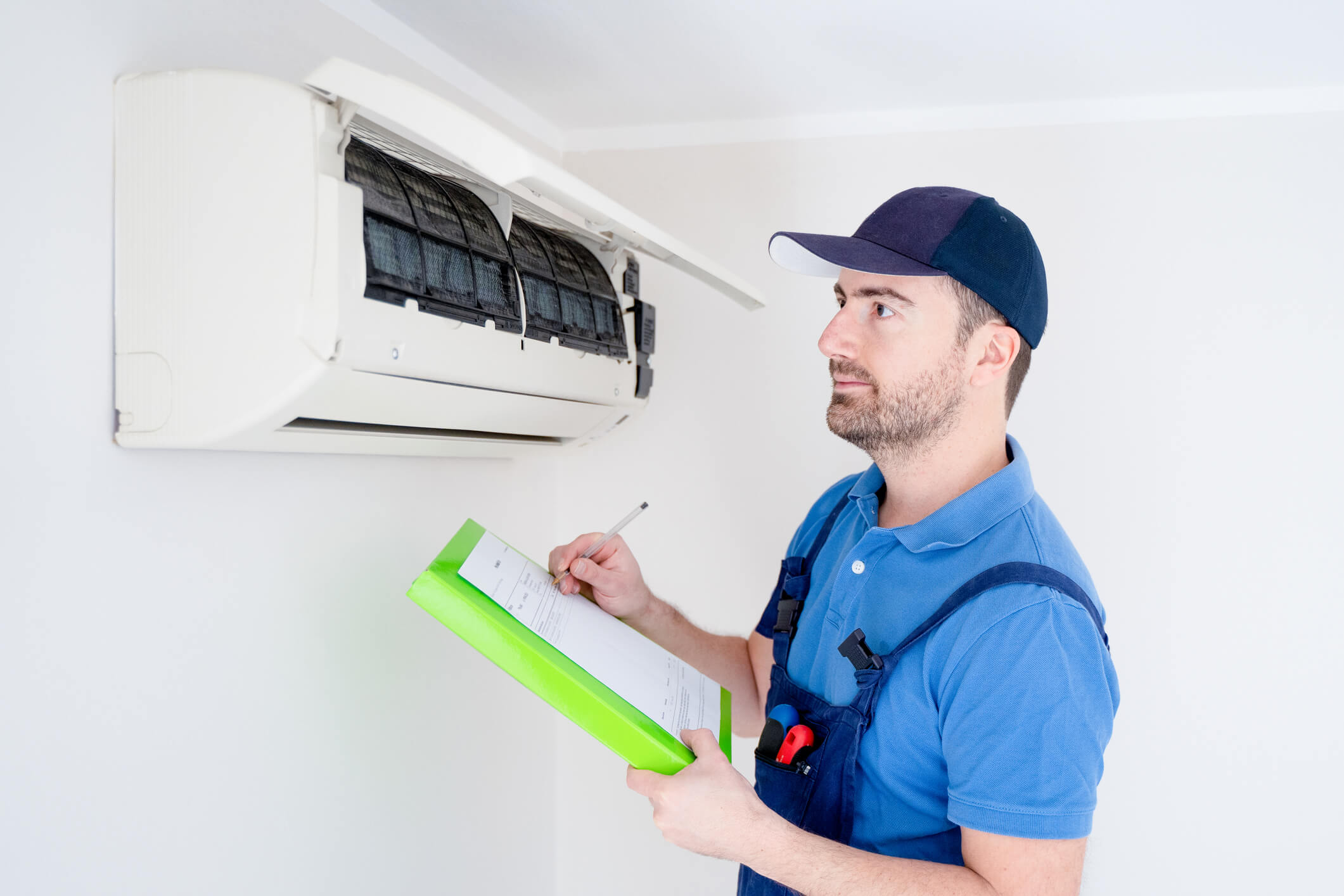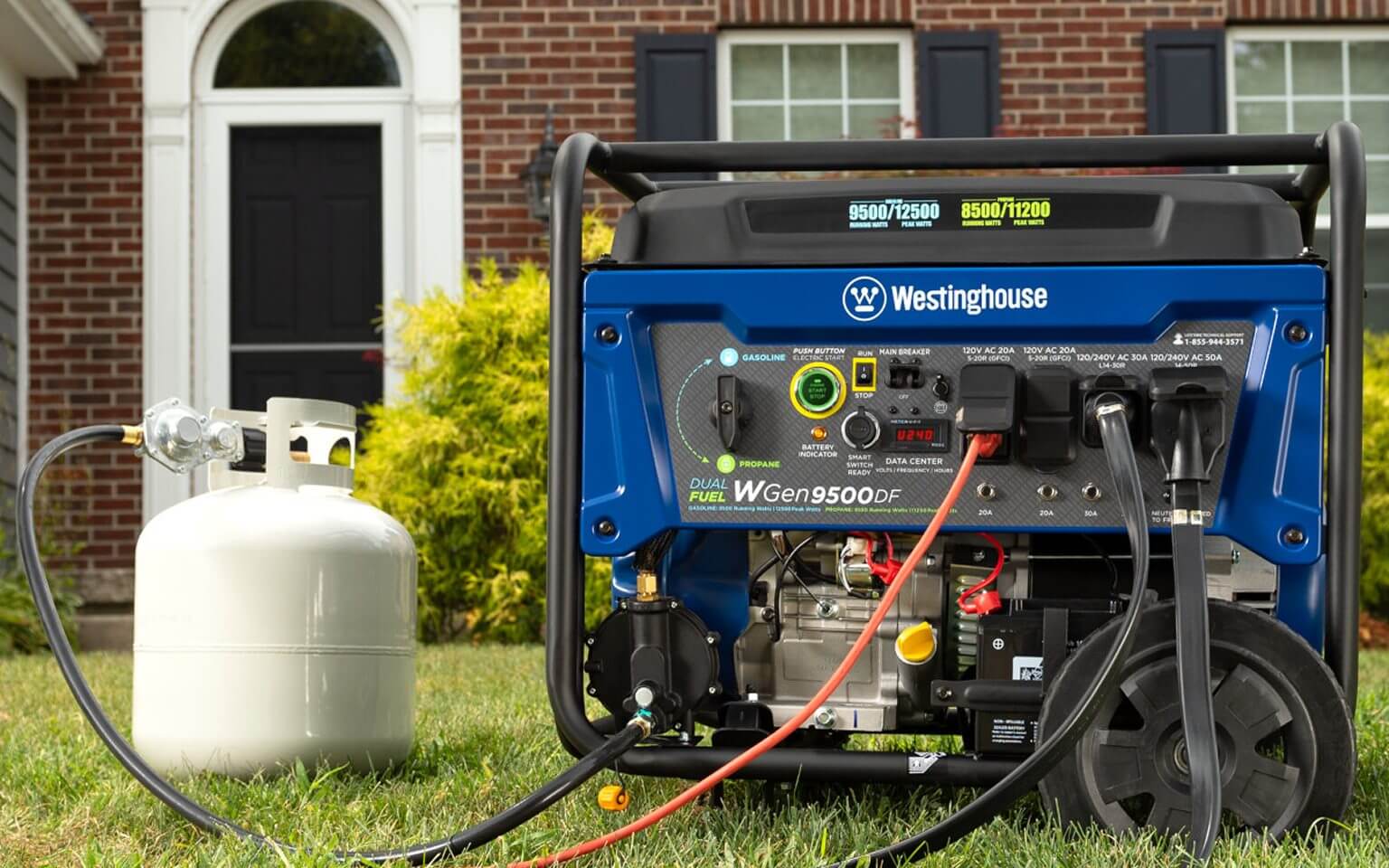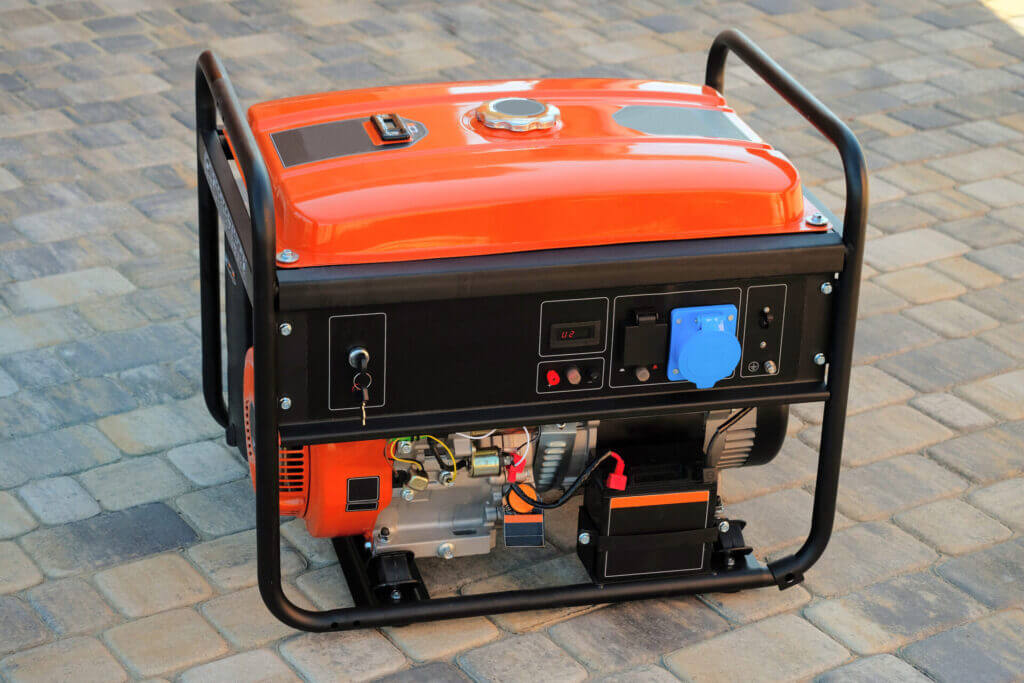Are you doing a solar project?
Modernize can pair you with three to four pros in your area, so you can compare options and save time and money.

Modernize partners with an extensive network of the most reputable home improvement contractors in the U.S. We have collaborated with an expert for the topic on this page, in order to share expert tips, guidance, and information on your home improvement project.
Thang Phu
Director of Marketing, Sun-Tec Solar & Roofing
There is a reason why Florida is called the Sunshine State. With an average of 237 sunny days a year, the state is a bastion of solar energy production. Its most recent solar installation figures confirm this—the Solar Energy Industries Association (SEIA) ranks the state third in solar installations in 2026 and third overall in 2021. What’s more, the Sunshine State ranks fourth for projected solar growth over the next five years. As residents take full advantage of record-low solar energy system costs, solar in Florida is booming.
Florida has a unique set of solar incentives, benefits, and challenges when it comes to investing in solar panels for houses. To explore them all, we interviewed Thang Phu, the Director of Marketing at Sun-Tec Solar. This guide covers what you should know as a homeowner as you look for the best contractor to install solar roof panels under the large, wide Florida sun.
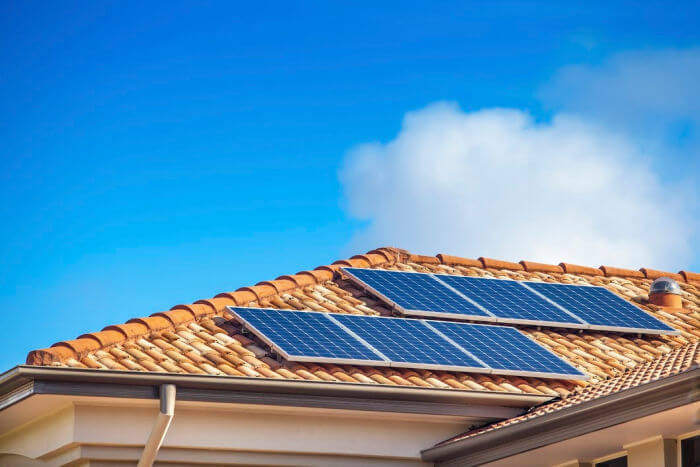
What to Know About Solar in Florida
Florida’s hot weather and humidity mean there are lots of reasons to get solar panels and also some special considerations to take into account.
“I would say the average [solar] installation is about a 10 kilowatt system in Florida, which would cover probably between a $200 to $240 electric bill a month. Most homeowners in Florida probably average right around that or more,” says Phu.
A big part of that bill likely comes from a homeowner’s air conditioning. “The summers here can get really really hot, and ACs are running all the time,” says Phu. “I would say, most of the year people are using the air conditioner here. There’s probably two months out of the year, at most, where air conditioning isn’t used, and sometimes it’s just a week.”
How Many Solar Panels Do You Need in Florida?
The final answer will depend on your home’s particular energy usage, but Phu explains how Sun-Tec looks at system usage and builds a solar installation that works for that specific home.
We always take a look at a homeowner’s electric bill. You know, some people's homes are a little more efficient. Some people that have a one-person household spend more on their electric bill than a than a four-person household. We'll recommend some efficiency updates for them, and then we'll build the system based on their current usage. You don't want to over-build. Not all people want to build a system for a $400 electric bill. The reason for that is because there is a tier rating for how much you can produce system size-wise. If they go over that tier, then they would require additional insurance, and some people don't want to get that additional insurance.
If your system would require additional insurance to be able to cover your entire electric bill, you can instead choose to build a system to cover part or most of your bill. A solar contractor will help you decide what makes the most sense for your home.
Florida Solar Panels: Incentives, Rebates, and Other Savings
While the initial upfront costs are high, going solar in Florida has never been as affordable as it is today. There are currently 20 incentives for homeowners to increase the value of their property by installing solar panels for houses in Florida. Find details about each program at the state’s Database of State Incentives for Renewables & Efficiency (DSIRE).
“The best time to install solar was actually yesterday, or the day before, or a year ago, or 10 years ago, with everything rising [and] all the rates going up,” says Phu.
Solar contractors in Florida will be able to provide a list of applicable rebates and cost savings measures and help you navigate applying for and getting the most out of them. However, you do not have to have a contractor to start researching and applying for some of these incentives.
Here’s a broad look at programs, incentives, and rebates for solar in Florida.
Property Tax Abatement for Renewable Energy Property
Installing solar paneling for homes will increase property value for homeowners. However, this will not change property tax payments. The state “provides a 100 percent property tax exemption for residential renewable energy property.” In other words, you’re not paying taxes on any of the added value of your property.
And this tax exemption doesn’t just apply to solar panel systems, but also to the many components that could be required as part of the installations:
- Solar energy collectors, photovoltaic modules, and inverters
- Thermostats and other control devices
- Heat exchange devices
- Pipes, ducts, wiring, and structural supports
- Power conditioning and storage devices that store or use solar energy
Find all the details at DSIRE’s profile for the program.
Solar & CHP Sales Tax Exemption
Passed by the Florida legislature in 1997 and made permanent in 2005, this incentive provides a sales tax exemption for solar energy systems. Any equipment and hardware responsible for collecting, storing, transferring or using solar energy for the purpose of water and space heating or cooling falls under this category.
Find all the details at DSIRE’s profile of the program.
Florida Solar Net Metering
Since 2008, if your Florida solar panels collect more energy than you use, you can sell your excess energy back to your energy provider.
Find the Right Contractor for Your Solar Project
Whether you’re ready to begin your project now or need some expert advice, our network of contractors are here to help. With a few simple questions, we’ll find the best local professionals for you
Any excess energy your system produces and adds to the grid appears as a credit on your next month’s bill, and the credit has to be “carried forward at the utility’s retail rate.”
Find all the details at DSIRE’s profile for the program.
Solar in Florida: What Rebates and Incentives Are There For Your City?
Other Florida solar energy programs include city and region-specific ones:
Of course, you want to get the most out of federal rebate programs in addition to local rebate programs. The temporary Residential Renewable Energy Tax Credit applies to 30 percent of your installation, and the program lasts until 2032.
“I definitely recommend homeowners look into the tax credit when deciding to move forward with solar to see where they are in the in terms of their tax liability,” says Phu. “The tax credit’s a huge benefit for homeowners, and so they want to look into their own situation when making that decision.”
Consult your contractor about this and other available credits and solar incentives in Florida to ensure your investment in the long-term value of your property is as easy on your current assets as possible.
Is Now a Good Time to Install Solar Panels in FL?
Increased competition in the state since 2016—and the nature of the market on a national scale—means residents are primed for home value increases if they install solar panels in Florida. Homeowners can expect to see a 4.1% uptick in home values on average, according to a 2019 Zillow Research study.
And that doesn’t even take into consideration the massive savings solar paneling affords homeowners—or seasonal price fluctuations that mean winter could be perfect for a solar home improvement project. The cost of a solar energy system has dropped more than 50% over the past 10 years, and Florida households can take advantage of lower upfront investment costs.
Phu notes that homeowners will “see savings instantly” on their monthly utility bills.
When coupled with the federal, state, and local-level incentives, Floridians are poised to save even more in tax credits and rebates to help offset their purchase and installation costs.
Cost to Install Solar Panels in Florida
So, exactly how much will new solar panels set you back in Florida? The short answer: it depends.
“The average range of solar [installation] in Florida would range from $40,000 to $60,000,” says Phu. “Depending on usage, that can be less or more.”
The most common factors that influence your final solar costs in Florida? “It really comes down to [a homeowner’s] A/C usage, their hot water usage. That’s really what it’s gonna come down to. Based on what they do — how much consumers are using — we wanna make sure that [system is] built properly for that consumer, so that they know what they’re getting and what they’re gonna be saving.”
There are a few other factors besides household energy consumptions that will affect your solar equipment and installation costs:
- Home size
- Number of stories
- Home orientation
- Roof pitch and condition
The type of panels you choose is also a major cost consideration. Generally, the more efficient the panel, the higher the energy output and cost.
The average payback period in Florida, or the amount of time it takes to break even on your investment, is 9.65 years and within the national average of six to 10 years.
How to Get Solar Installed on Your Florida Home
Protect your solar investment by selecting a high-quality and reliable professional installer. You will appreciate someone who can offer expert advice on the best type of panels for your home to meet your household’s energy needs. Your installer should also be well versed in current incentives at the state and local levels to help you take advantage of as many cost-saving opportunities for which you qualify.
You will also benefit from selecting a professional with longevity and a proven track record. Solar is a long-term investment, and you want a contractor who will still be in business should any issues arise several years down the road.
Find the Right Contractor for Your Solar Project
Whether you’re ready to begin your project now or need some expert advice, our network of contractors are here to help. With a few simple questions, we’ll find the best local professionals for you
Reviews from Real Homeowners
Welcome to Homeowner Resources! We are the Modernize blog. Modernize pairs more than 3 million homeowners a year with pre-vetted contractors in their area. This blog started because we believe homeowners should know everything about their homes, from how their HVAC works to which front door colors they might love. On Homeowner Resources, you can find information on every part of your home, right down to how you can negotiate with contractors to get the best price. Here's more about the blog.
Need a contractor? Learn more about how Modernize finds the right pro for you.
